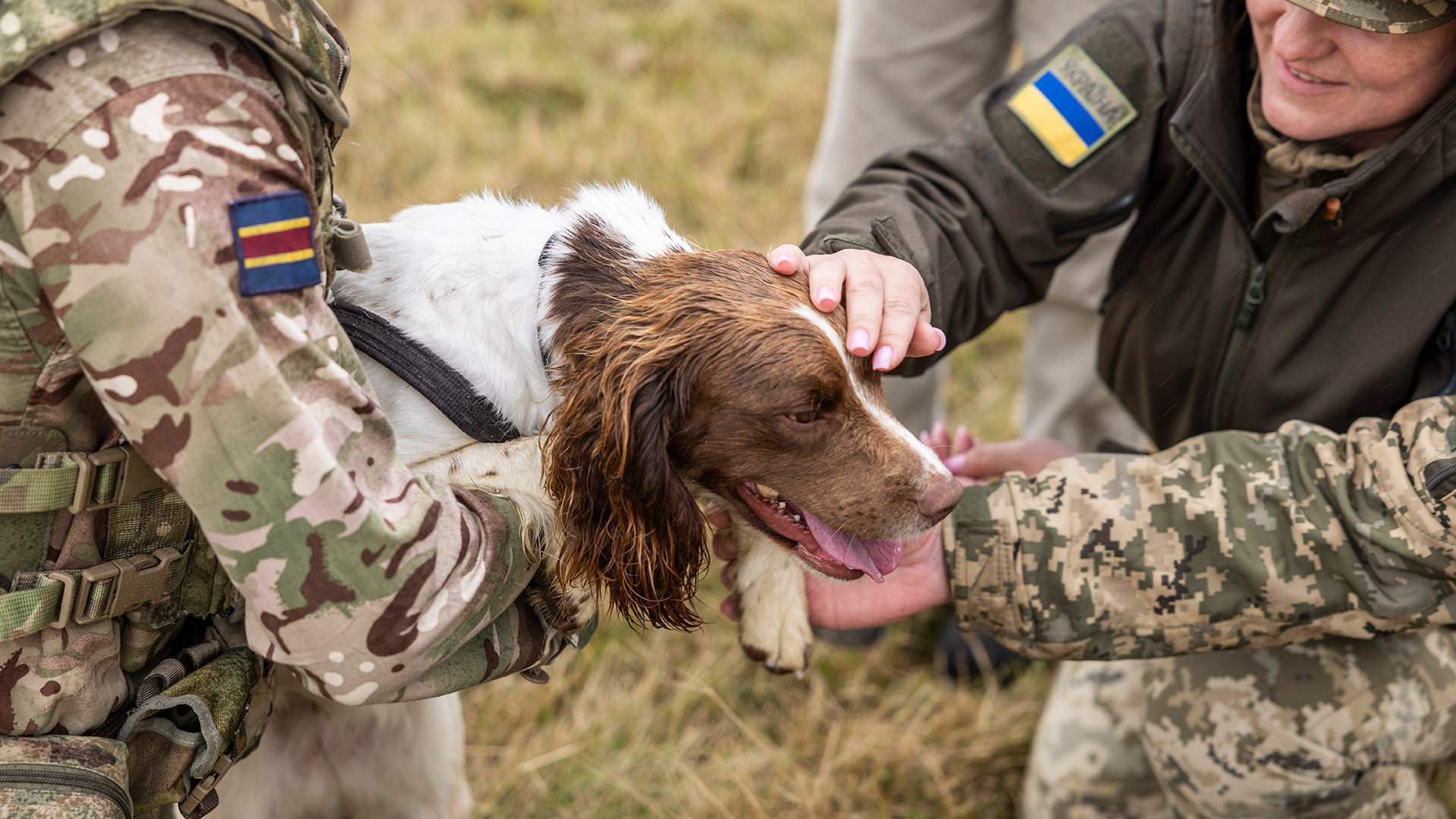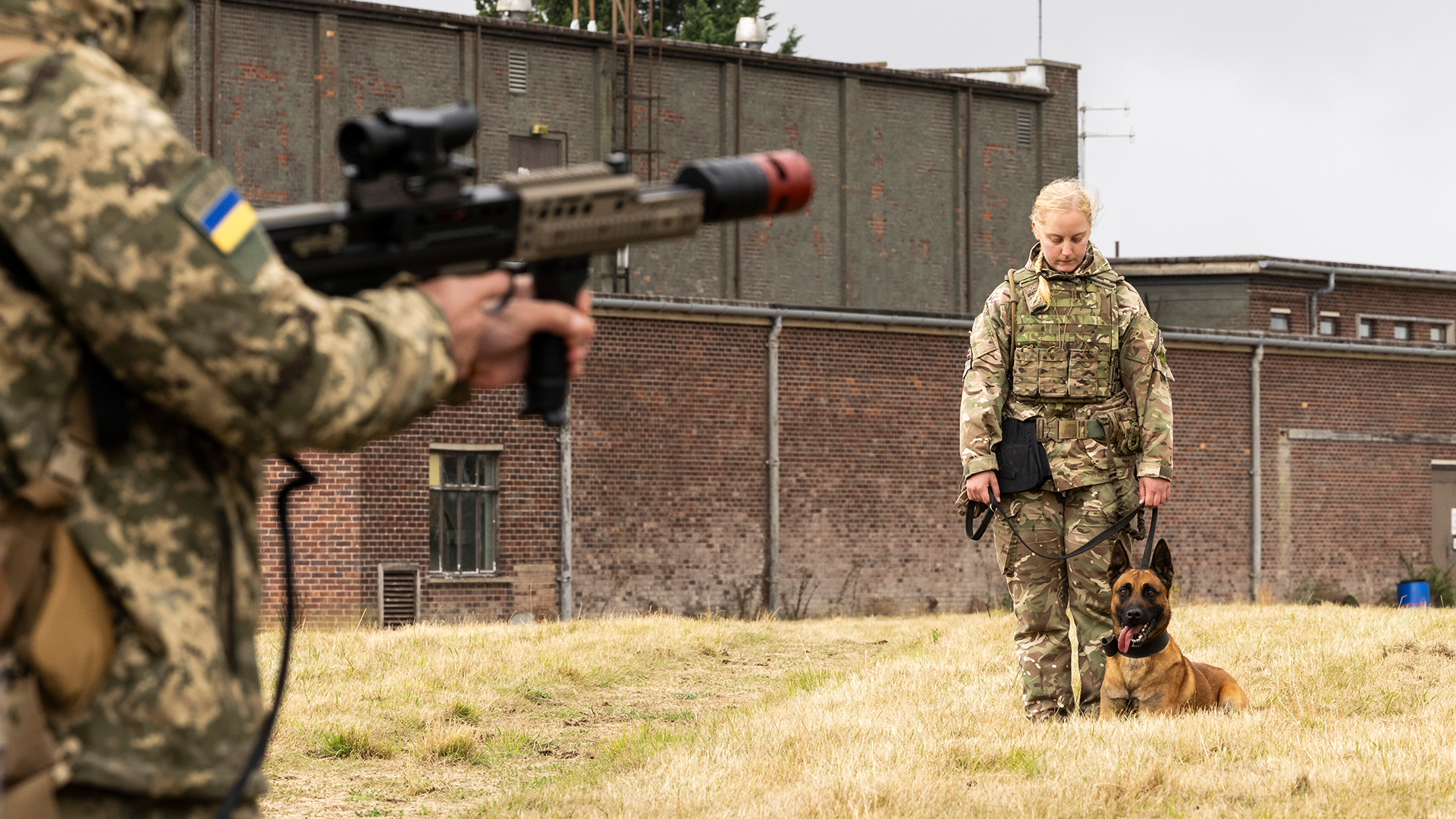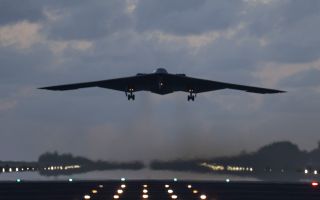
Loyal partnership: UK military support for Ukraine expands with dog handler training

The British Army has trained a second group of Ukrainian military dog handlers, building on its ongoing military assistance to Ukraine.
As part of Operation Interflex, a programme that has trained more than 45,000 Ukrainian personnel since Russia's invasion in 2022, the UK hosted 16 Ukrainian handlers for courses on combat operations, explosive device searches, and border patrols.
The three-week training course, run by the British Army's 1st Military Working Dog Regiment, prepares dogs to detect explosives, locate ammunition, and assist in search and rescue operations.
- Interflex a success, but training Ukrainians means fewer opportunities for Army
- Canine Courage: Britain's barking war heroes
- Dickin Medal: 80 years of honouring the military's heroic frontline animals
With large areas of Ukraine still littered with unexploded ordnance, the dogs' role in spotting hazards is crucial.
In 2023 alone, Ukrainian dogs were involved in preventing 950 border violations and seizing around 20,000 pieces of ammunition and 150 mines.

"Military working dogs perform an invaluable role in both combat, mine-clearing, and border operations, and this training will help protect both Ukrainian soldiers and civilians," said Armed Forces Minister Luke Pollard.
"We owe a debt of gratitude to our four-legged friends who offer a unique and irreplaceable service to both the UK and Ukrainian militaries."
In addition to tactical training, British handlers demonstrated how to acclimate the dogs to the conditions of the battlefield, ensuring they can work safely in high-risk environments.
Beyond their operational duties, the dogs also help boost morale among troops, providing emotional support.
This training marks another phase in the UK's broader military assistance to Ukraine.
The UK has already pledged £7.6bn in military aid, including £3bn for the 2024-2025 period.
Operation Interflex, which includes this specialised dog training, has been extended through to at least the end of 2025.







